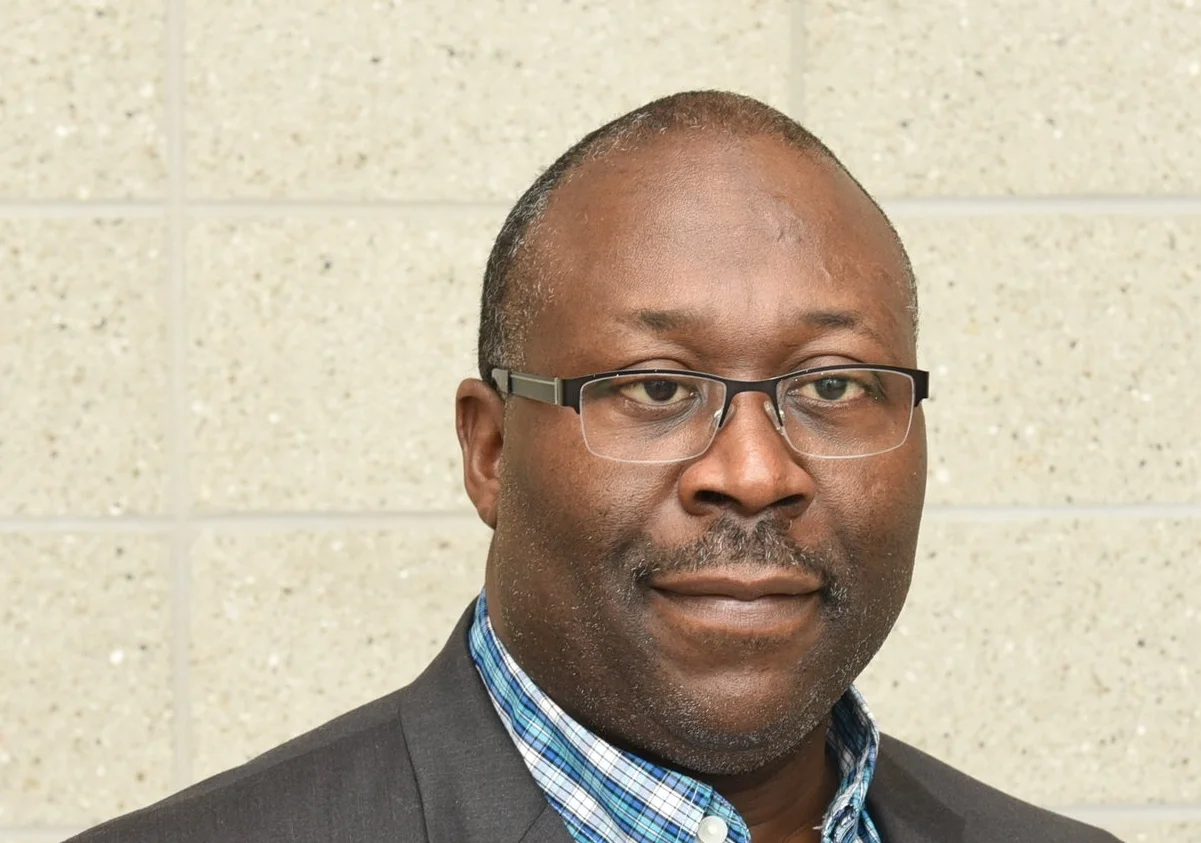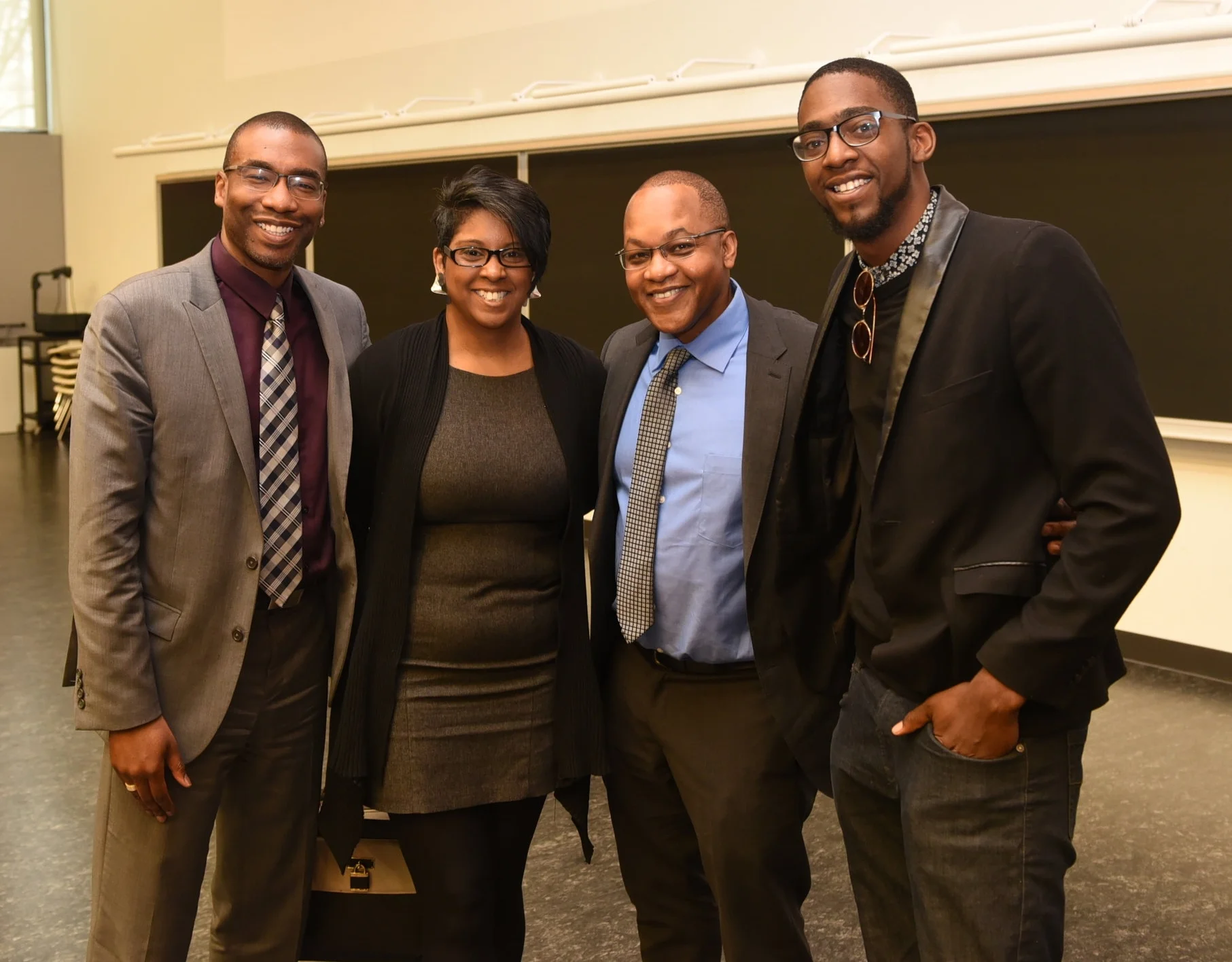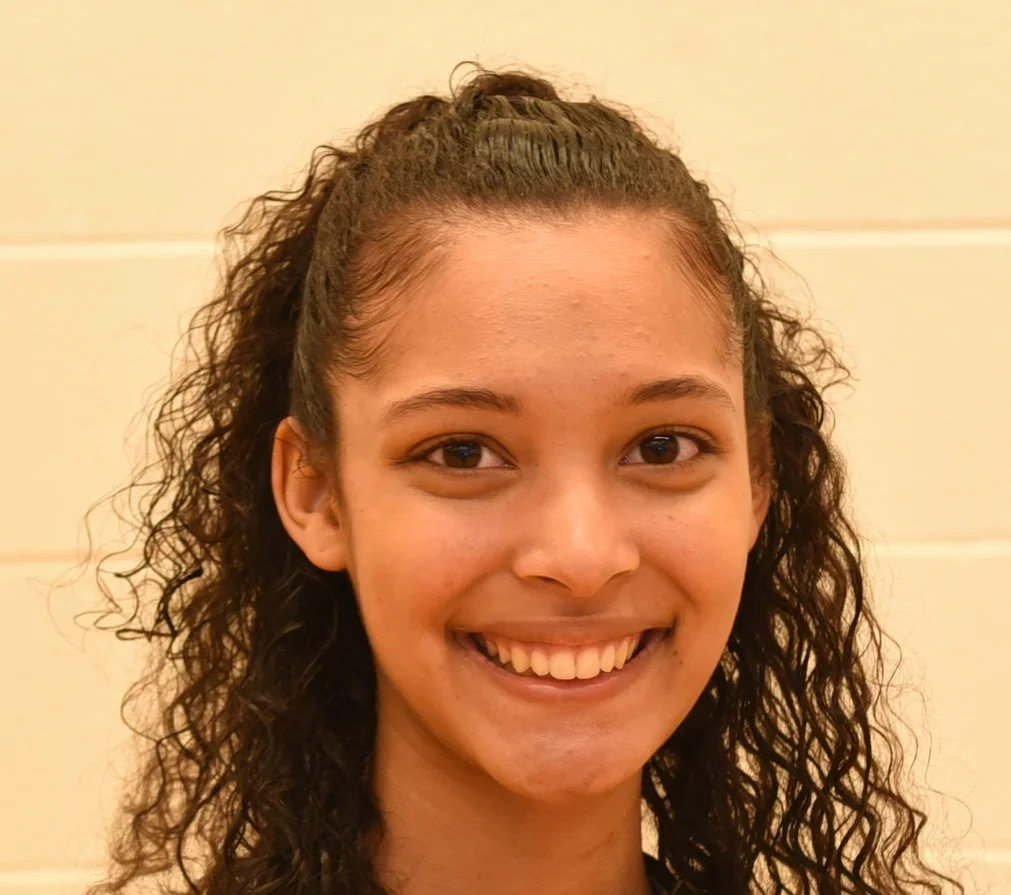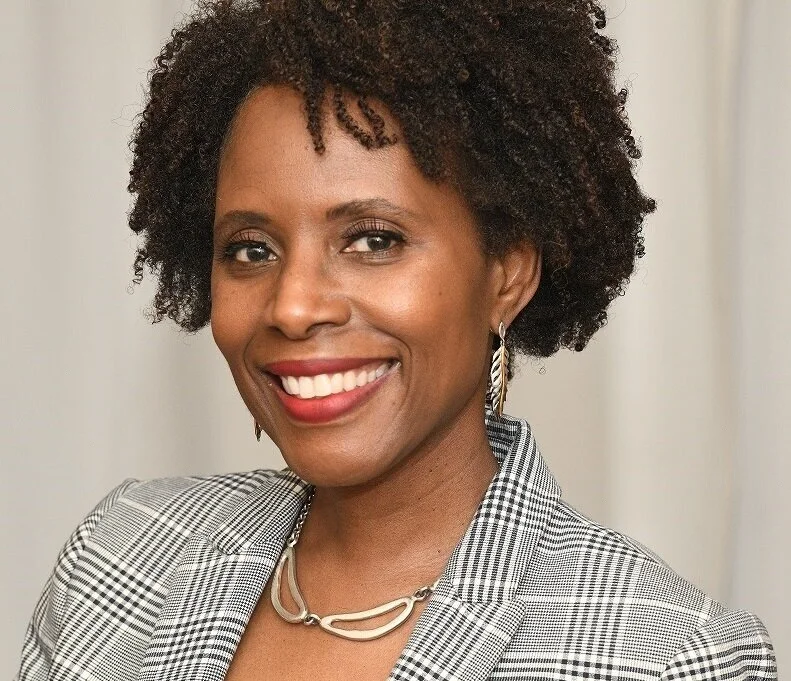Peel school board taking steps to support Black male students
May 24, 2018
Identifying with the challenges and frustrations that young Black male Peel District School Board (PDSB) students face comes easily for trustee David Green.
In high school, a teacher laughed when he said he wanted to be a police officer.
When Green decided to run for school board trustee in 2003, he received a phone call from a White community member suggesting he shouldn’t because she didn’t think he was qualified.
Fifteen years later, he’s seeking a fourth term for Wards 1 and 5 in Brampton.
“On this journey, I was told on many occasions that I wouldn’t amount to anything,” Green said. “But I have risen above that.”
In October 2016, the PDSB released a report – We Rise Together – in response to two reports rolled out in 2015 which noted that Black males feel marginalized, ignored and isolated.
In its action plan to support Black male students, the board identified engaging with the community, delivering anti-racism & bias awareness professional development, integrating the experiences of Black Canadians into the curriculum and inspiring Black student leadership & engagement as priorities.
“We feel as a board that we need to help our young Black males reach their full potential,” Green said. “We want them to excel in high school and then consider pursuing post-secondary education. At a graduation ceremony I attended last year, just 21 Black males out of about 550 students walked across that stage. That was astounding because that particular school has a large Black male population.”
Last October, 176 staff from 82 schools attended a symposium that provided educators with an opportunity to network and learn how to develop Black leadership and mentorship programs at the school level.
Earlier this month, Black male middle and high school students from across the PDSB attended a two-day conference at the University of Toronto Mississauga campus.
The conference provided a platform for students to, among other things, explore ways of navigating systemic barriers to Black male success and listen to stories of Black male mentors, many of whom have overcome similar challenges to success and well-being.
“We want to help our students see people like them who have achieved and let them know it’s possible to see themselves as leaders and professionals,” added Green. “The only person that can prevent them from reaching for the sky is themselves. We are ensuring that we do everything as a board to empower these young men. What we are doing here is taking the bull by the horn.”
Castlebrooke Secondary School principal Rasulan Hoppie was the conference organizer.
“This event marks the culmination of lot of work and networking to bring about an intentional opportuning for young Black men in our system to see themselves in the success of leaders in our community,” he said. “It’s an opportunity for them to believe they can be whatever they want to be. The reason we held it at a university is because we want them to aspire to attend college or university.”
As a Dufferin Peel Catholic School Board student for two years, Hoppie encountered many of the issues that Black males face.
“I was able to navigate them because I had a strong family support and a strong peer network that I actively chose to associate with,” he said.
Jordon Veira, who attended Fletcher’s Meadow Secondary School in Brampton, was one of the speakers and workshop facilitators.
At age 17, the poet, author and arts & equity educator founded his own company, ‘The Heard’ which is an arts & humanities platform.
Rasulan Hoppie (l), Nicolle Coco LaRaine Veira, Justice Michael Tulloch & Jordon Veira
Growing up without a father wasn’t easy for Veira.
“When I was five years old, my parents divorced and my entire world was split into two,” he said. “I remember my dad saying, ‘I am not going to be around much anymore’. Those words cut me deep because I knew exactly what he was talking about. He said I was going to have to be the man of the home. At that young age and feeling I had all this power was the single most important thing to me. That meant I had problems with people with authority. I just felt nobody could tell me what to do. I didn’t treat adults and teachers the way they should be and I ended up going to 17 schools.”
It wasn't until Veira was enrolled in Fletcher’s Meadow that he met a teacher who recognized his talent.
“She believed in me and pushed me forward,” he pointed out. “She was the first teacher that saw greatness in me.”
Veira, the son of motivation speaker and spoken word artist Nicolle Coco LaRain Veira, reminded the students that they have much value.
“Never give yourself an excuse to give up and check out,” he noted. “I am not saying you don’t have a right to be angry and ticked off when you feel like you have been disrespected and when you feel you have been unfairly targeted. The world ain’t going to get any easier, but you will get stronger and smarter and you will develop the tools to navigate this space.”
Michael Tulloch, who graduated from Central Peel Secondary School and is the first Black to be appointed to the Ontario Court of Appeal, was the keynote speaker at the event for high-schoolers.
Migrating from Jamaica at age nine, the legal luminary attested to the impact teachers have on students’ lives.
“In Grade four, some White kids were disrupting the class when the teacher turned around, looked directly at me and said, ‘Michael, shut up’,” he related. “I was doing nothing wrong, but she just picked on me. There was another teacher who didn’t like me and went so far as to tell my mom I had psychological problems. Thank God my mother is a strong Black woman and she suggested I get tested. Needless to say I passed with flying colours.
“When I got to Grade six, I met a teacher that cared about me and saw something in me I didn’t see in myself. Just by her interest in me and the fact she showed she believed in me, I was the top student that year in a class with two Blacks. In Grade seven, another teacher saw me in gym one day and asked what I wanted to do. When I told him I wanted to go to Oakwood Collegiate and then on to university, he said I should find a trade. Not disrespecting the trades, some of us are more academic. This teacher didn’t even take the time to look into me as a person. That was someone who was prejudging based on pure stereotypical perception.”
Tulloch, who spent eight years in private practice before being elevated to the Bench 15 years ago, said the misrepresentation of Black men in the media can lead to lower life expectations.
“A lot of role models that society projects for us are athletes and they are very important,” he said. “But there are great people that are closer to you who are doing amazing things and who are each and every day making a significant amount of difference just like your teachers or police officers on the street. They are the people that you have to look at and emulate.”







